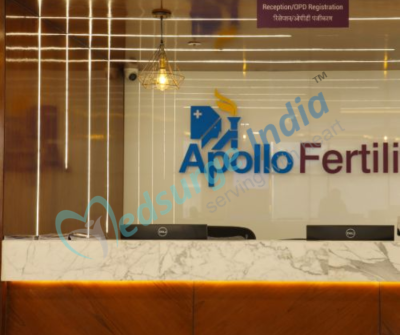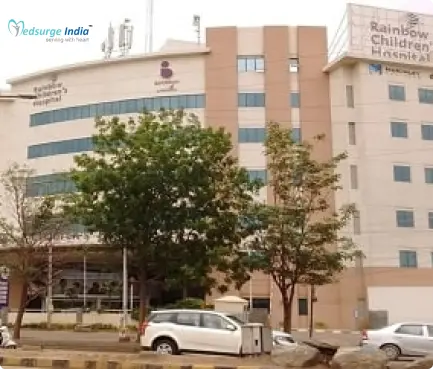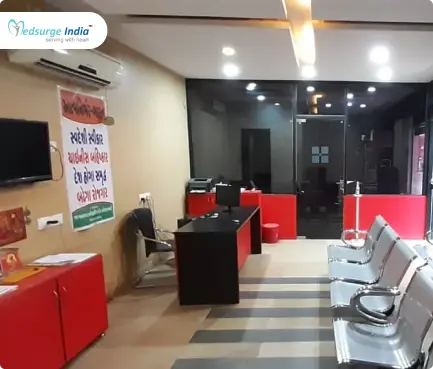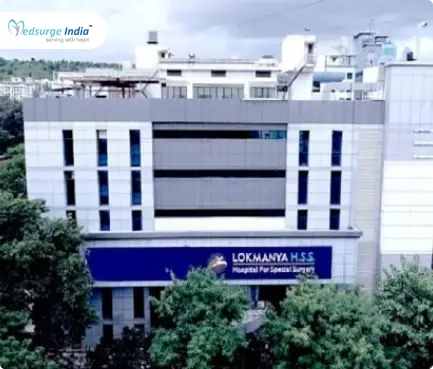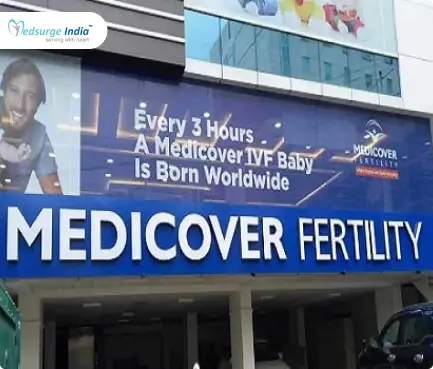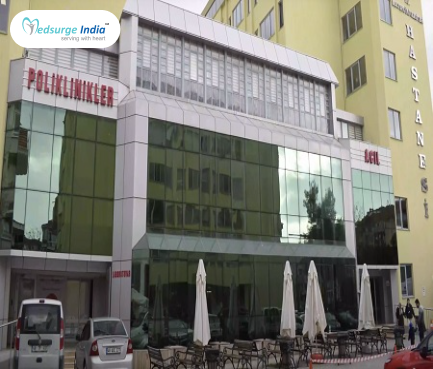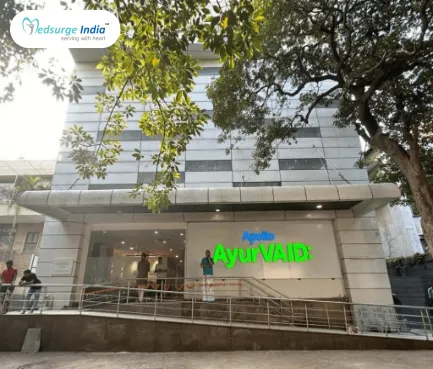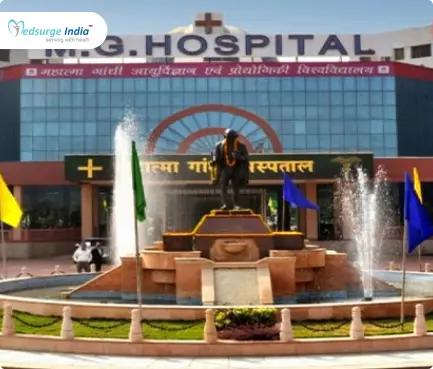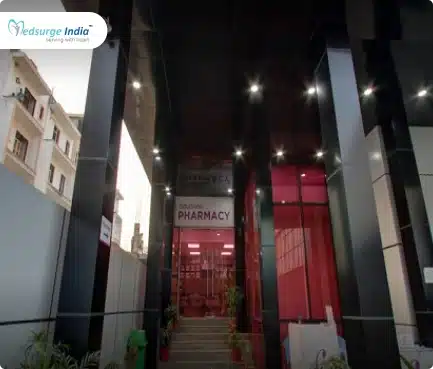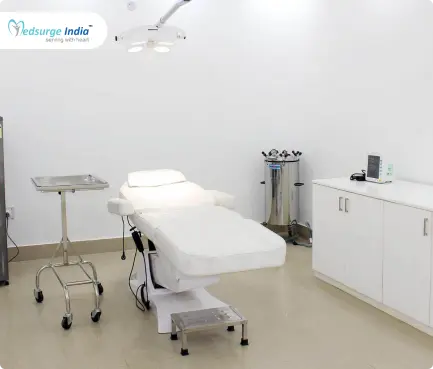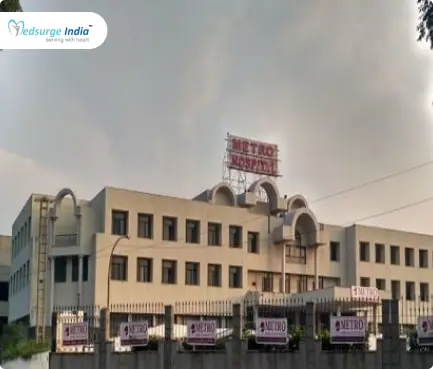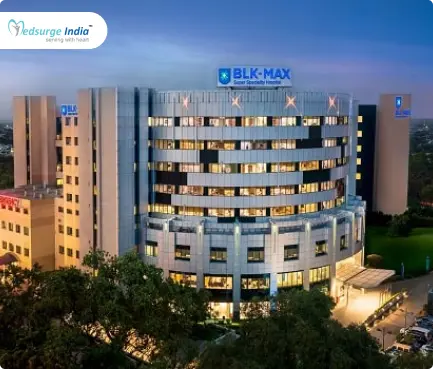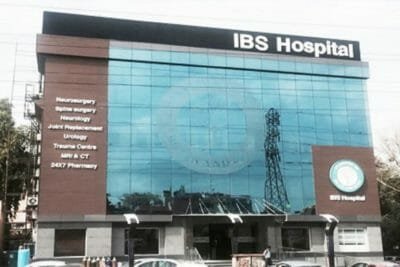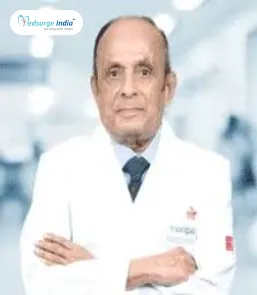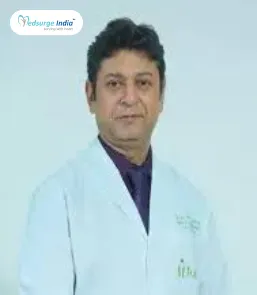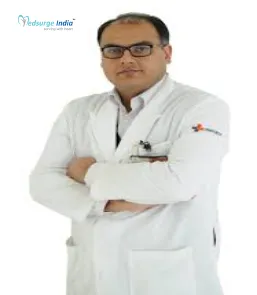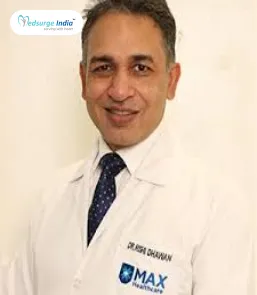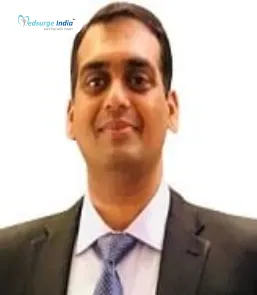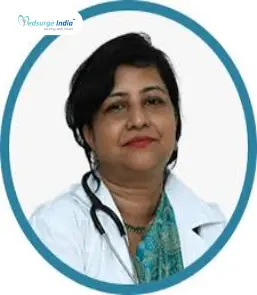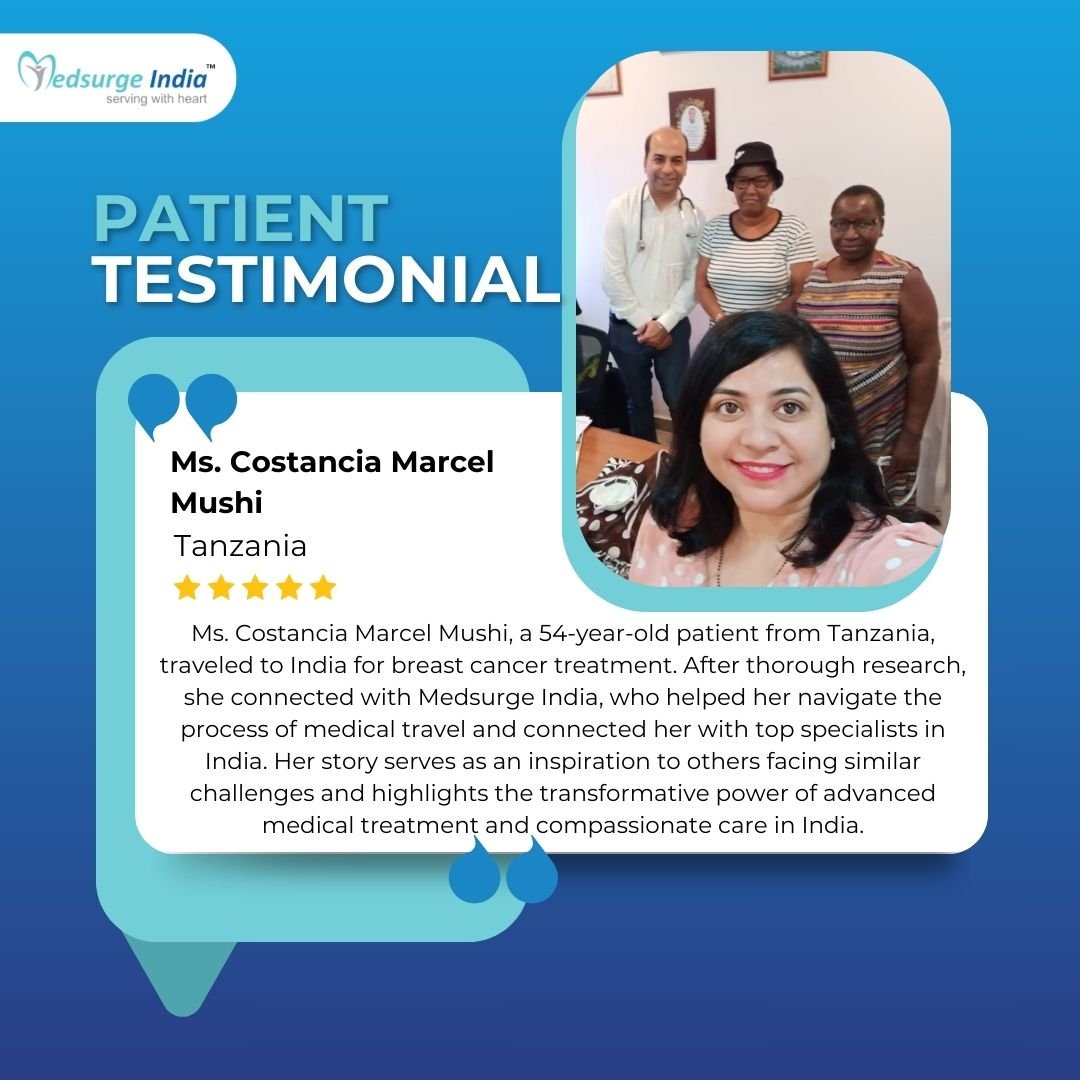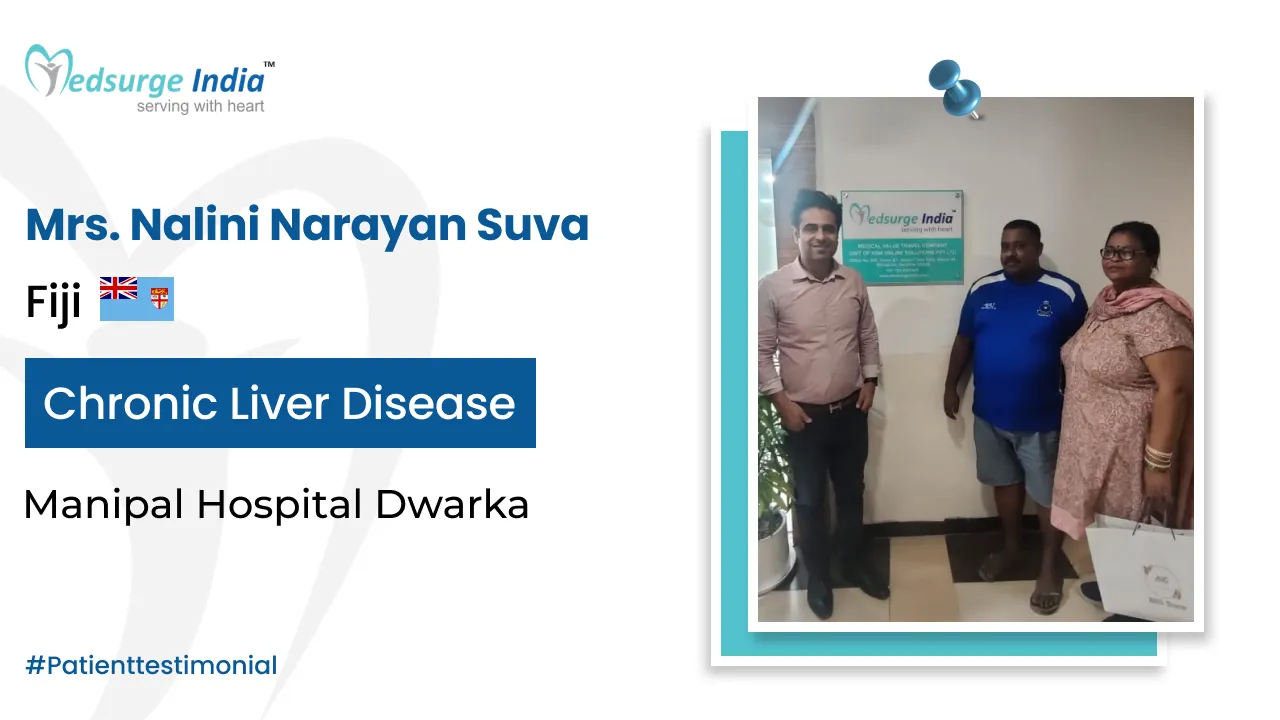
Detailed Overview on Cleft Lip and Palate Surgery
A cleft lip or palate occurs when an infant is born with an opening in the upper lip or the roof of the mouth, known as the palate. These orofacial clefts rank among the most prevalent congenital anomalies.
An infant with a cleft may present with:
- only a cleft palate
- only a cleft lip
- both a cleft lip and a cleft palate
A cleft palate refers to a condition in which a baby is born with an opening in the roof of the mouth, resulting in a passage between the nose and the mouth.
The opening may occur solely at the back of the palate, specifically in the soft palate, or it can extend forward to the area behind the gums, which is referred to as the hard palate.
Infants born with a cleft lip exhibit a fissure or opening in the upper lip. This condition arises when the lip fails to develop correctly during the early stages of pregnancy, leading to a separation.
A cleft lip may present as:
- on one side of the lip (known as a unilateral cleft lip), which is the more prevalent form.
- on both sides of the lip (referred to as a bilateral cleft lip).
Clefts can vary significantly in size. Some may present as a minor indentation in the lip, known as an incomplete cleft lip. In contrast, others may extend fully through the upper lip and gum, reaching into the nostril, which is referred to as a complete cleft lip. When the opening in the palate is linked to the openings in the gums and lip, the infant is diagnosed with both cleft lip and palate.
What is the Cause of it?
In the initial 6 to 10 weeks of gestation, the bones and skin of a baby’s upper jaw, nose, and mouth typically unite to create the roof of the mouth and the upper lip. A cleft occurs when these components of the lip and/or palate fail to merge completely.
The precise reasons for the development of a cleft in a baby are not always understood, although some cases may be linked to genetic factors. Additionally, certain environmental influences can heighten the likelihood of a birth defect, including:
- the use of specific medications (such as certain anti-seizure drugs) during pregnancy
- insufficient intake of essential prenatal nutrients, such as folate
- exposure to particular chemicals while pregnant
- the consumption of tobacco, illicit drugs, and/or alcohol during pregnancy.
Cleft Lip and Palate Surgery Cost in India
On average Cleft Lip and Palate Surgery cost in India starts from 450 USD. The price of the surgery can also be extended to 5000 USD. This usually depends on the patient’s condition and the type of location or hospital.
Furthermore, we at Medsurge India also provide one of the best transplant packages for Cleft Lip and Palate Surgery in India starting from 650 USD to 5000 USD. For more info, you can contact us through our mail.
Cleft Lip and Palate Surgery Cost in India Vs Other Countries
| Countries | Price Starting From |
| United Kingdom | 15000 USD |
| U.S. | 18000 USD |
| Turkey | 8700 USD |
| UAE | 9800 USD |
| Thailand | 9000 USD |
Factors that Can Affect the Cost of Cleft Lip and Palate Surgery in India
The cost of a Cleft Lip and Palate Surgery in India may vary depending on the following factors. Most of the elements that you encounter during your planning significantly affect your budget and do not come under pre and post-treatment costs. Here are the various things that can potentially influence the price of Cleft Lip and Palate Surgery in India.
- Medication costs: Some of the factors that can affect the total cost of the surgery include the types of medicines that a patient will require before, during, or after the transplant.
- Patient Condition: It should be noted that the nature and severity of the disease and the client’s general health determine the treatment time, and therefore the cost.
- Duration of treatment: This is because a patient can end up spending a lot of money on treatment in cases where the treatment is a multiple-session affair.
- Geographical location: Again, the cost may depend also on the location of the center in the given country, India.
- Hospitalization expenses: Complication factors include the number of days the patient spends in the hospital and the intensity of the nursing care that they are likely to need.
- Government policies and subsidies: The accessibility of new premiums and subsidies under government healthcare may impact the costs, of the procedure experienced by the patients.
- Medical tourism packages: Such services can be offered in packages to international patients, which can impact the prices of treatment across the board in India.
- Hospital reputation and infrastructure: Some of the accredited health facilities that have cutting-edge equipment may require high fees to be charged.
- The expertise and experience of medical professionals: This situation makes an specialist with extensive experience and recognition expensive in terms of fees and thus the costs of treatment.
- The type and frequency of diagnostic procedures: That is, constant examinations using various imaging and lab tests often contribute to a higher treatment price because of the higher value of these procedures.
- The choice of treatment modality: Choosing the newer or more modern treatment or going for precision medicine may be costlier than the conventional treatments.
Patients who are in search of Cleft Lip and Palate Surgery in India are provided with quality services and friendly facilities that are comparable to other famous medical centers globally.
How Is a Cleft Lip and Palate Diagnosed and Treated?
Clefts are typically identified at the time of a baby’s birth. In some instances, they may be detected prior to birth through a prenatal ultrasound. A cleft lip is more easily visible, whereas a cleft palate is often more challenging to discern on ultrasound. Physicians generally diagnose a cleft palate during the initial examination of the newborn by inspecting and palpating the inside of the baby’s mouth.
Cleft lip and cleft palate may lead to various challenges, including:
– difficulties with feeding
– issues related to growth and development
– susceptibility to ear infections and hearing impairments
– complications in speech development
It is crucial to address a cleft palate in conjunction with a cleft lip through surgical intervention during early childhood.
Cleft Lip Repair
A plastic surgeon typically performs the initial repair of a baby’s cleft lip around the age of three months. This procedure, known as cheiloplasty, is conducted in a hospital setting while the infant is placed under general anesthesia.
The primary objectives of cleft lip repair include:
- Closing the cleft.
- Enhancing the shape and symmetry of the upper lip and nose.
In cases where the cleft lip is particularly wide, additional techniques such as lip adhesion or nasal alveolar molding (NAM) may be employed to bring the lip segments closer together and improve the nasal contour prior to the cleft lip repair. Following the procedure, a small scar will be present beneath the nose, replacing the cleft.
Cleft Palate Repair
A cleft palate is typically addressed through a surgical procedure known as palatoplasty when the infant is between 10 to 12 months of age. The primary objectives of palatoplasty include:
- Closing the gap between the nasal cavity and the oral cavity.
- Facilitating the development of a functional palate for effective speech.
- Preventing the escape of food and liquids into the nasal passage.
During the palate repair surgery, the surgeon will:
- Adjust and mend the muscles of the soft palate to enhance their function during speech.
- Close the cleft in multiple layers.
To alleviate tension on the palate repair, the surgeon may perform two incisions on either side of the palate, located behind the gums, referred to as “relaxing incisions.” In certain instances, the surgeon might also utilize tissue from the inner cheeks to assist in completing the repair.
The procedure necessitates general anesthesia and typically lasts around 2 to 3 hours. Most infants are able to return home after one or two days in the hospital, and the stitches used will dissolve naturally.
Post-surgery, your child will require a liquid or puréed diet for approximately three weeks before transitioning to solid foods that are hard or crunchy. You may be advised to use special sleeves, commonly known as “no-nos,” to prevent your baby from bending their elbows. This precaution is to ensure that your child does not insert fingers or hard objects into their mouth, which could compromise the integrity of the cleft palate repair.
What Else One Should Be Aware?
A child diagnosed with a cleft lip and palate may occasionally experience additional health complications, including:
- accumulation of fluid behind the ear
- difficulties with feeding
- hearing impairment
- dental issues
- challenges with speech
It is essential to collaborate with a healthcare team that specializes in the treatment of children with cleft lip and palate. In addition to the pediatrician, the treatment team for the child will typically consist of:
- a patient care coordinator
- a cleft surgeon (either a pediatric plastic surgeon or an oromaxillofacial surgeon with expertise in cleft care)
- an ear, nose, and throat (ENT) surgeon (otolaryngologist)
- an orthodontist
- a speech-language pathologist
- an audiologist.
Get Free Cost Estimation
The Most Important Frequently Asked Questions
Q: at What Age Does a Cleft Palate Get Repaired?
A: Repairs for cleft palates are often performed before the age of two, but within the window of nine to eighteen months. This is a more involved procedure that is performed when the infant is larger and more likely to recover from it. The surgeon who will perform the procedure on your child will determine the precise time.
Q: Are There Any Dangers?
A: Although there is a slight chance of infection after surgery, your child will get an antibiotic. There is a very tiny chance of problems with any anesthetic.
Q: for Cleft Palates, Which Procedure Is the Best?
A: When a baby is between 10 and 12 months old, a procedure known as palatoplasty is typically used to heal a cleft palate. Closing the gap between the mouth and nose is the aim of a palate repositioning procedure. Assist in developing a palate that is suitable for speech.
Q: Is Surgery Necessary to Correct Cleft Lip?
A: Surgery is typically used to treat clefts. It might also be necessary to receive other therapies including speech therapy and dental care.
Top Hospitals for Cleft Lip and Palate Surgery in India
Top Doctors for Cosmetic And Plastic Surgery
Dr. Jayaram B N
Senior Consultant
Experience: 62+ years of experience
Manipal Hospital, Mandi Mohalla, Mysore
Mysore, India
Dr. Aditya Kanoi
Senior Consultant
Experience: 18+ years of experience
Narayana Multispeciality Hospital, Barasat, Kolkata
Kolkata, India
Dr. Nirmala Subramanian
Senior Consultant
Experience: 40+ years of experience
Apollo Hospitals, Greams Road, Chennai
Chennai, India
Dr. Tarun Jain
Senior Consultant
Experience: 23+ years of experience
Max Super Speciality Hospital Dehradun
Dehradun, India
Dr. Nischal Naik
Senior Consultant
Experience: 20+ years of experience
Narayana Multispeciality Hospital, Rakhial, Ahmedabad
Ahmedabad, India
Dr. Richie Gupta
HOD
Experience: 22 years of experience
Fortis Hospital Delhi Shalimar Bagh
New Delhi, India
Dr. Gopal Raj M S
Consultant
Experience: 33 years of experience
Manipal North Side Hospital, Malleshwaram, Bengaluru
Bangalore, India
Dr. Vidya Subramaniyan
Consultant
Experience: 12 years of experience
Apollo Spectra Hospital, Chennai
Chennai, India
Dr. Sanjay Mahendru
Associate Director
Experience: 22 years of experience
Medanta – The Medicity, Gurgaon
Gurgaon, India
Dr. Manoj Johar
Director
Experience: 30 years of experience
Max Super Speciality Hospital, Patparganj, New Delhi
New Delhi, India
Dr. Rishi Dhawan
Principal Consultant
Experience: 15 years of experience
Max Superspecialty Hospital, Mohali
Mohali, India
Dr. Pratap Nadar
Senior Consultant
Experience: 18+ years of experience
Family Care Hospital, Mira bhayandar
Mira bhayandar, India
Dr. Rakesh Kumar Watts
Consultant
Experience: 32 years of experience
Indraprastha Apollo Hospital New Delhi
New Delhi, India
Dr. D Kamakshi
Consultant
Experience: 35 years of experience
Apollo Specialty Hospital, OMR
Chennai, India
Dr. Sunil Choudhary
Head of Department MBBS, MS, FRCS
Experience: 22 years of experience
Max Super Speciality Hospital, Saket, New Delhi
New Delhi, India

